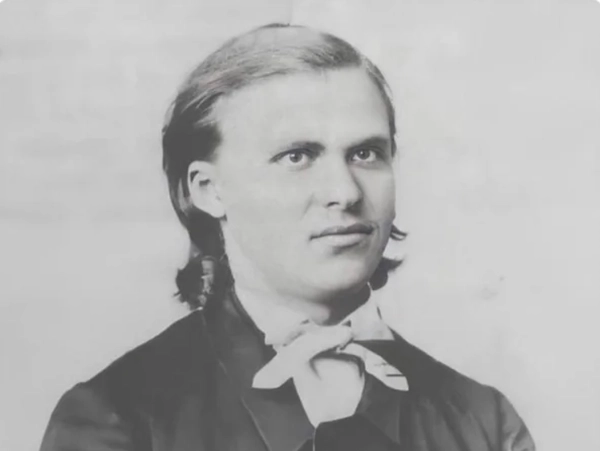Friedrich Nietzsche: Life, Philosophy, and Death
Explore the extraordinary life, influential works, and the tragic final years of Friedrich Nietzsche, the philosopher who forever changed how we think about morality and existence.

In the quiet city of Weimar, one of philosophy’s most provocative minds, Friedrich Nietzsche, bid a tragic farewell in 1900.
The Remarkable Journey of Friedrich Nietzsche
Born on October 15, 1844, in Röcken, Germany, Friedrich Nietzsche would become one of the most influential and controversial thinkers of the modern era. Raised in a religious household, Nietzsche attended the University of Bonn to study theology and classical philology. However, he lost his faith after only one semester and decided to leave, setting out on a new intellectual path.

Nietzsche’s profound philosophical works challenged conventions of morality, truth, and society. Through groundbreaking books like Beyond Good and Evil, Twilight of the Idols, and Thus Spake Zarathustra, he questioned established beliefs and introduced ideas such as the “will to power.” Nietzsche’s concepts of aesthetics, power, and individualism have had a lasting impact on both art and philosophy. He openly credited Fyodor Dostoevsky as a substantial influence on his thoughts.
Despite enduring personal tragedy—his father died when Nietzsche was only five, and his brother soon after—Nietzsche grew into a formidable lecturer and teacher. His restless pursuit of knowledge, even through periods of severe migraines and depression, shaped the unique legacy he left behind. There are no official accounts of Nietzsche’s net worth, but his intellectual riches have immeasurably enriched modern thought.
The Final Days of a Visionary Philosopher
Friedrich Nietzsche’s final years were marked by a gradual mental and physical decline. After experiencing frequent migraines and recurring depression throughout his life, he suffered a severe mental breakdown in 1889, which led to him living under the care of his mother and later his sister in Weimar, Germany.
Nietzsche’s condition deteriorated further as he developed dementia accompanied by a series of strokes. Ultimately, he died from pneumonia on August 25, 1900, in Weimar, at the age of 55. His passing brought to a close the remarkable and tumultuous life of one of philosophy’s most original voices.
Nietzsche’s body was transported to Röcken Churchyard in Lützen, Germany, where he was laid to rest. Though his life ended in tragedy, his works continue to resonate with readers and thinkers around the world.